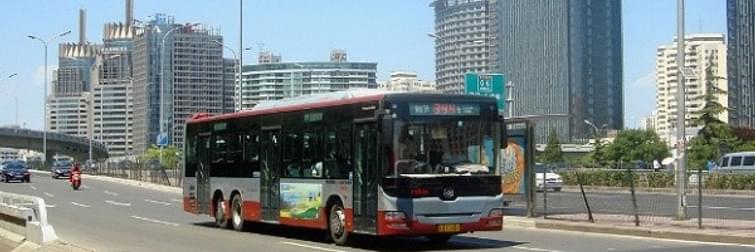
blog: Post Covid-19 International Public Transport Management
Thursday 4th June 2020
As the Covid-19 lockdown is eased, public transport will be facing a very different future. Not only will public transport services have to operate at a lower capacity to enable social distancing, many people may also decide not to travel due to fear or preferring to work from home.
Until a full recovery is back, it cannot be expected that public transport operation will be business as usual. Whilst in normal circumstances a series of financial, social and environmental objectives might attach to public transport, in this post Covid-19 period we need to keep the objectives streamlined, practical and simple, focusing on:
- enabling the economy
- safe access to / from employment and key services
- adhering to social distancing rules
To navigate these new realities, we need the agility to adjust to new mandates. Passengers want to know that they can travel safely, while authorities and operators need to understand how they move, make accurate plans and decisions using real data to minimise the risk of crowding. In a blog earlier this week we shared how the UK bus industry has adapted during the Covid-19 pandemic, by learning quickly and adopting innovative solutions to keep up with rapidly changing advice.
ITP has recently received a number of enquiries on post Covid-19 transport management from Malaysia, Mexico, Nigeria and the Philippines. They are interested with our data-led approach that makes use of available real data in a prompt manner and is provided in an easy to understand format. Our data analytic tools are uniquely placed to inform government responses in managing the different phases of exit strategy from the Covid-19 lockdown. It will also be of huge value to cities following recovery, in meeting challenges such as congestion and local air quality.
Central to this is how we can help devise an action plan, drawn from an approach which integrates expertise with innovative thinking and rigorous analysis, to help governments and operators to:
- adapt and organise conventional public transport operations, integrated with,
- making changes to public transport routes and service plans,
- developing prioritised transport interventions tailored to needs during the different phases of exit strategy, and following recovery
We have a long history of working with international development agencies, national and local government, and operators to deliver sustainable, visionary yet workable solutions that respond to their objectives. During this unsettling time, we welcome enquires on how we can assist you and help to make the world a safer place to live.
If you have any questions about our accessibility modelling or data tools work please contact Colin Brader or Jeh Chan.
